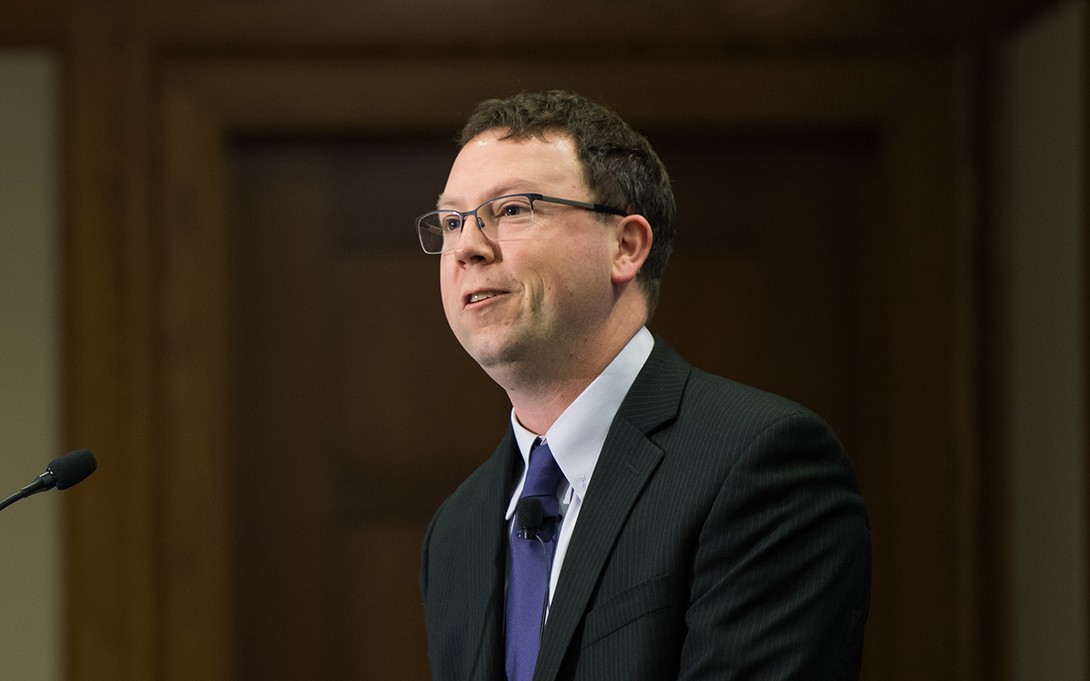
How will actions taken towards preventing climate change affect communities that rely on a fossil fuel economy? In a recent report titled "Mapping the US Energy Economy to Inform Transition Planning," Daniel Raimi, Ford School lecturer and fellow at Resources for the Future, explored the economic consequences of moving away from fossil fuels for those communities.
"This report seeks to inform transition planning by identifying the regions of the United States that will experience substantial economic changes due to a shift away from fossil fuels," Raimi wrote. "These communities will require considerable attention and funding from federal policymakers to support employment, economic development, public finances, and more as the production and consumption of fossil fuels decline."
Raimi acknowledged that in order to get more support behind climate policy, the U.S. must address the hardships that could fall on fossil fuel communities.
“If we can address those challenges by helping communities diversify, helping people find new economic growth drivers and new economic opportunities, that might lessen some of the opposition to moving forward with the ambitious climate policy that we need,” he told Inside Climate News.
Some communities, especially in certain regions, will be adversely affected by the shift, and identifying them is extremely important.
"Several other counties in Texas, Oklahoma, North Dakota, Wyoming, and Alaska show a similarly heavy dependence on the oil and gas sector," Raimi explains in the report. "Aggregating jobs and wages across all energy sectors reveals a considerable number where fossil energy dominates the local economy. In 50 counties, 25 percent or more of all wages come from these four sectors, and 16 counties have 25 percent or more of total jobs coming from fossil energy."
In the report, Raimi lays out a timeline for when the U.S. will shift away from fossil fuels. There must be an understanding of this, he argues, so appropriate resources can be allocated when necessary.
“My hope is that policymakers will really start to plan for a clean energy future, because that’s what we as a society need,” he told Inside Climate News. “And the longer we put off planning in the communities that are going to be affected, the harder it’s going to be for those communities to succeed in the future.”
Read Raimi's entire report here.
Read the news item featuring Raimi and the report below:
As the US Pursues Clean Energy and the Climate Goals of the Paris Agreement, Communities Dependent on the Fossil Fuel Economy Look for a Just Transition, Inside Climate News, June 28, 2021
